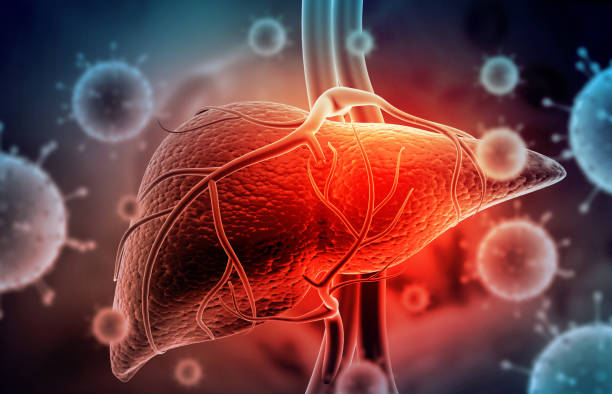Quick Answer: Yes, hepatitis can be transmitted through oral sex, though the risk varies by type, highest for Hepatitis A and B, very low for Hepatitis C. Risk increases if there are open sores, bleeding gums, or contact with infected bodily fluids.
Case Study: “It Was Just Oral… I Didn’t Think I Could Get Sick”
Devon, 27, thought he was making the safer choice by avoiding intercourse. Two weeks after a hookup, he felt fatigued, nauseous, and noticed his eyes were tinged yellow. A blood test revealed Hepatitis A. “I didn’t even know you could get it from oral,” he said, “I thought I was being careful.”
“I wish someone had told me it wasn’t risk-free. I would have gotten vaccinated.”
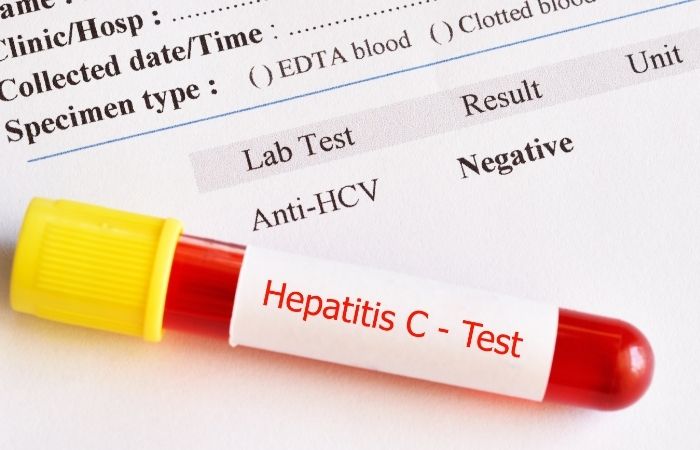
People are also reading: Why Monogamy Isn’t a Foolproof Shield Against STDs
Understanding the Hepatitis Family
Hepatitis A is a short-term liver infection spread primarily through the fecal-oral route, often via contaminated food or rimming (oral-anal contact). Hepatitis B is spread through blood, semen, and vaginal fluids, it can be transmitted through oral sex, especially if there are cuts or sores in the mouth. Hepatitis C is mostly spread through blood-to-blood contact, making oral sex a much lower risk unless there’s bleeding.
Each type comes with its own profile for how it spreads, how long it lasts, and how it impacts your health. Understanding those differences is key to making informed decisions.
How Hepatitis Can Spread During Oral Sex
The risk is tied to how the virus moves from one body to another:
- Hepatitis A can be spread by touching the mouth and the anus or by swallowing tiny bits of feces.
- Hepatitis B: The virus is in semen and vaginal fluids and can get into the bloodstream through small cuts or sores.
- Hepatitis C: Usually needs blood-to-blood contact, but bleeding gums, mouth sores, or menstrual blood can make the risk higher.
Usingcondoms or dental dams can greatly lower these risks without ruining the mood, especially when you use lube and talk to each other.
Early Symptoms You Shouldn’t Ignore
Signs of Illness You Shouldn't Ignore
At first, hepatitis symptoms may not be very noticeable, or they may not show up at all until the liver is already inflamed. Some common early signs are:
- Feeling tired or weak in a strange way
- Feeling sick or not wanting to eat
- Pain in the joints and a fever
- Urine that is dark or stools that are pale
- Jaundice is when the skin or eyes turn yellow.
If you have these symptoms, especially after a recent hookup, don't just think it's a hangover or the flu. Testing early can stop the spread and protect the liver from serious damage.
Check Your STD Status in Minutes
Test at Home with RemediumHepatitis B & Hepatitis C Test Kit
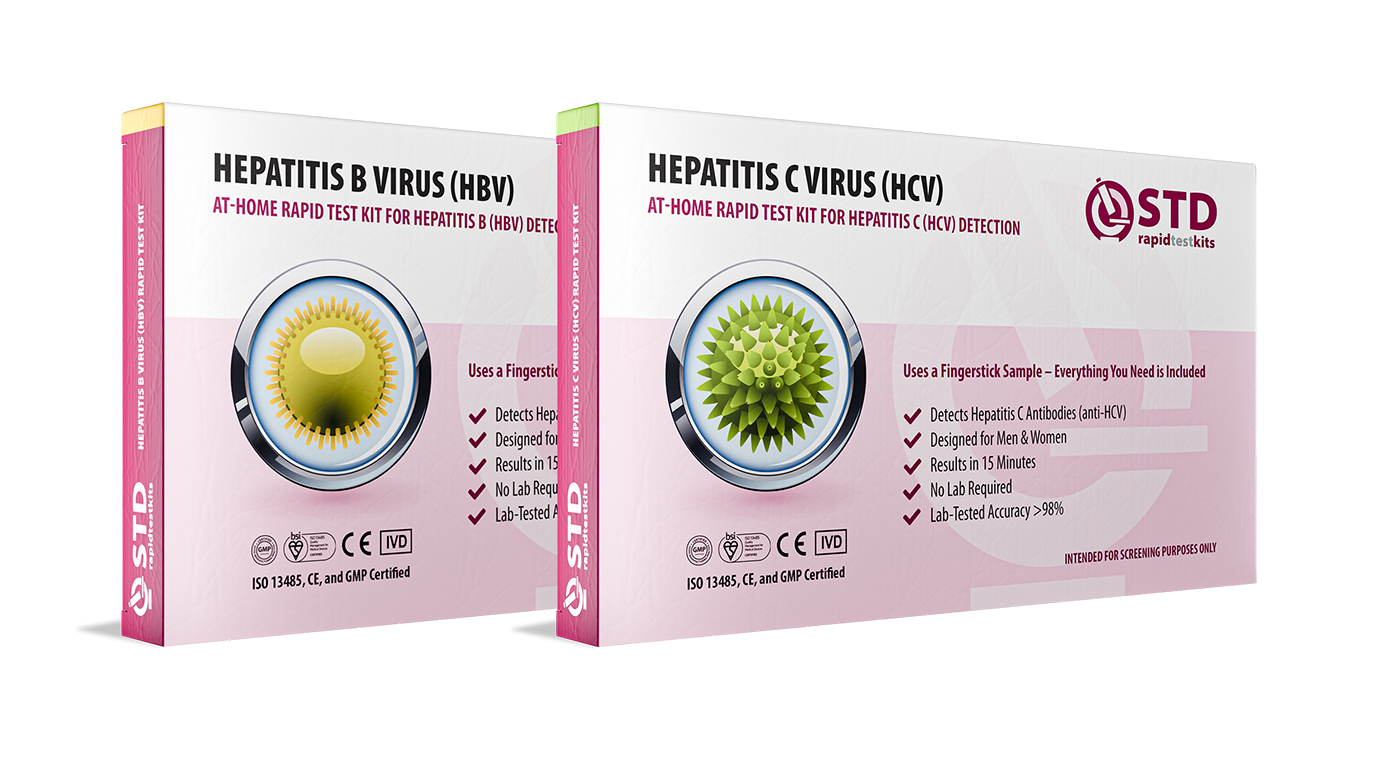
 For Men & Women
For Men & Women Results in Minutes
Results in Minutes No Lab Needed
No Lab Needed Private & Discreet
Private & DiscreetOrder Now $49.00 $98.00
For all 2 tests
When “Low Risk” Still Means Possible
Many sexual health conversations frame oral sex as “low risk.” While that’s true compared to unprotected vaginal or anal intercourse, it’s misleading if you hear it as “no risk.” For Hepatitis A and Hepatitis B, the virus doesn’t care if the encounter was brief or if there was no penetration. All it needs is a way into your bloodstream or digestive tract.
For Hepatitis C, the odds are far lower, but public health experts note that certain situations, such as gum disease, recent dental work, or rough oral play, can raise the possibility of blood contact. The bottom line: “low” risk isn’t the same as “no” risk.
How Long Before Symptoms Appear?
The incubation period for hepatitis depends on the type:
- Hepatitis A: Usually 15–50 days (average 28 days)
- Hepatitis B: Usually 60–150 days (average 90 days)
- Hepatitis C: Usually 14–180 days (average 45 days)
It’s entirely possible to feel healthy while the virus is multiplying in your body. That’s why waiting for symptoms before getting tested can leave you unknowingly contagious.
Testing: When and How
If you think you may have been exposed through oral sex, here’s what experts recommend:
- Test promptly for Hepatitis A and B if you have symptoms or know your partner is positive.
- Wait for the window period before testing for Hepatitis B and C to ensure accuracy, generally 6–12 weeks after exposure, with follow-up testing at 6 months.
- Consider an at-home combo test kit for a discreet first step, followed by a clinic confirmation.
Testing isn’t just about peace of mind, it’s about protecting partners and accessing treatment before damage is done.
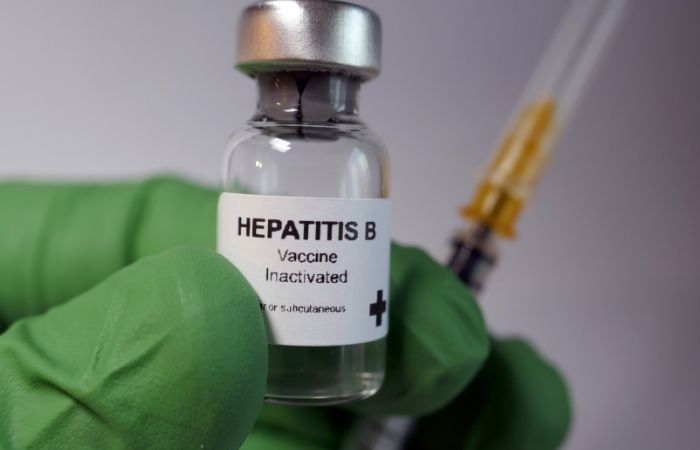
People are also reading: The Rural Colorado STD Surge No One Is Talking About
Vaccination: Your Best Defense
There’s no vaccine for Hepatitis C, but there is for Hepatitis A and Hepatitis B. If you’re sexually active and haven’t been vaccinated, it’s worth asking your doctor or local clinic. In many places, these vaccines are free or low-cost, and once you’re protected, that’s one less risk to carry into your sex life.
Some clinics even offer post-exposure prophylaxis for Hepatitis B if you’ve had a known exposure within the past 14 days.
Breaking the Silence: Why We Don’t Talk About Oral Sex Risks
Oral sex has a PR problem in sexual health conversations. It’s often left out of safer sex education entirely, leaving people to assume it’s “safe enough” or not worth discussing. This silence does two things: it keeps people from recognizing real risks, and it fuels shame when someone does get sick.
Talking openly about oral sex risks doesn’t mean killing desire, it means giving people the information they need to combine pleasure with safety. That’s how we normalize both joy and health.
CTA: Take Control Without Killing the Mood
You don’t have to choose between feeling good and feeling safe. Whether it’s a quick hookup or a long-term partner, knowing your status makes all the difference. Don’t wait for symptoms, STD Rapid Test Kits lets you test discreetly, accurately, and without leaving home.
Check Your STD Status in Minutes
Test at Home with RemediumHepatitis B Test Kit
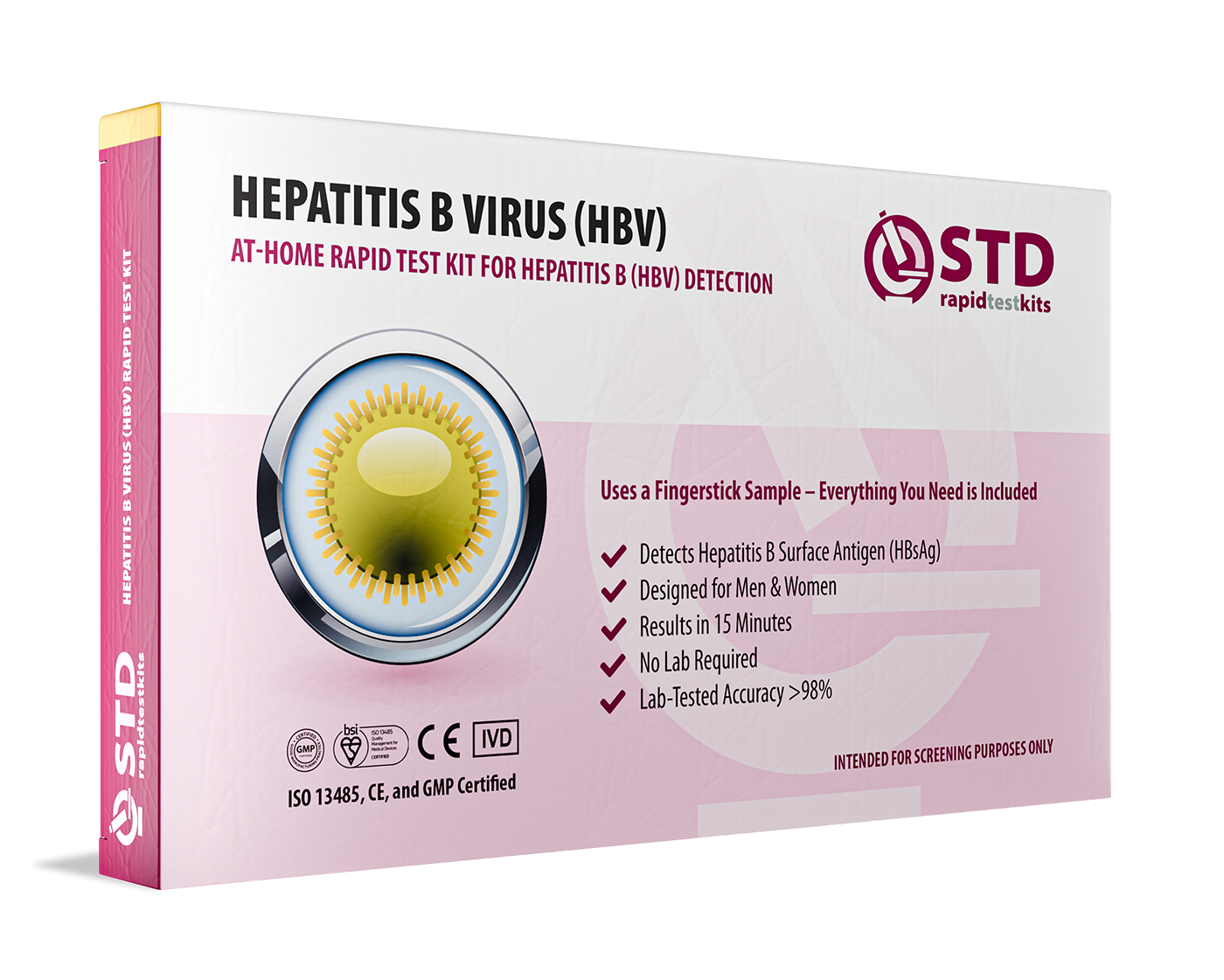
 For Men & Women
For Men & Women Results in Minutes
Results in Minutes No Lab Needed
No Lab Needed Private & Discreet
Private & DiscreetOrder Now $33.99 $49.00
What No One Tells You After the Hookup
It’s easy to replay a sexual encounter in your mind, what you liked, what you’d change, what felt risky. For many, the days after are a mix of excitement and anxiety. If you’ve heard “oral sex is safe” your whole life, learning about hepatitis transmission after the fact can trigger shame or panic.
“I kept thinking, ‘I should have known,’” says Maria, 31. “But no one had ever told me about this risk. It felt like I’d failed, but now I realize it’s just a gap in the way we teach sexual health.”
The truth: most people have never been taught about oral sex risks in school, at the doctor’s office, or even by partners. You’re not “careless” for not knowing, you’ve been underserved by incomplete information.
Reducing Your Risk Without Losing Intimacy
Protective measures don’t have to be passion-killers. In fact, with a little creativity, they can become part of the experience:
- Use flavored condoms or dental dams for oral-genital or oral-anal contact.
- Incorporate lube to reduce friction and microscopic tears that can allow viruses in.
- Avoid oral sex if you or your partner have mouth sores, bleeding gums, or recent dental work.
- Get vaccinated for Hepatitis A and B to make certain exposures harmless.
These steps don’t just prevent hepatitis, they reduce your risk for a range of STIs.
Things That Make the Odds Higher
Oral sex is usually not a high-risk way to get hepatitis, but some things can make it more likely:
- Blood that can be seen in semen, vaginal fluid, or around the anus
- Bleeding gums or gum disease
- Having sex with more than one partner without protection
- Sexually transmitted infections that are already there
- Immune system that isn't as strong
Knowing when these things happen doesn't mean you should never have oral sex; it just means you should change how you do it when you need to.
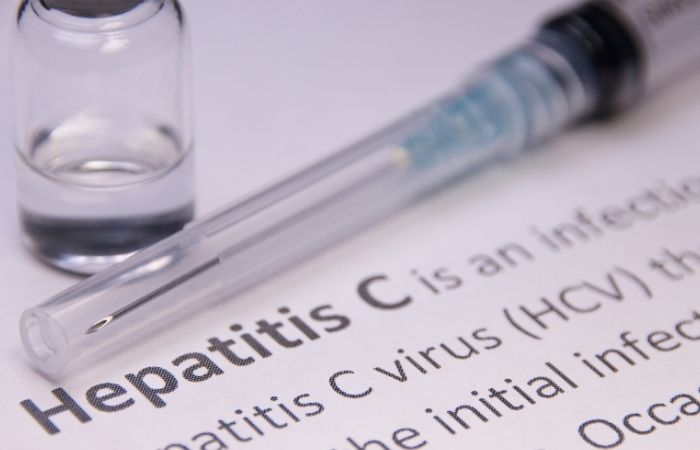
People are also reading: Why You Can Test Positive for an STD Years After Exposure
Testing Positive: What Happens Next
A hepatitis diagnosis isn’t a moral judgment, it’s a medical condition. For Hepatitis A, most people recover fully with rest and supportive care.Hepatitis B may clear on its own but can become chronic in some cases, requiring monitoring or treatment.Hepatitis C can now be cured with highly effective antivirals, often in as little as 8–12 weeks.
Your healthcare provider will guide you through follow-up tests, treatment options, and ways to prevent passing it on. With today’s medicine, early detection makes all the difference.
From Stigma to Strength
Silence makes shame grow. The more we talk about the risks of oral sex and hepatitis openly, the more normal testing and treatment will become. It's not about being afraid; it's about being confident with the facts.
Partners are more receptive to conversations about barriers and testing when you frame them as mutual care, not mistrust. “I want both of us to feel good and stay healthy” is a lot sexier than “I’m worried you might have something.”
Your Discreet Testing Option
If you’re feeling uncertain after an encounter, you don’t need to wait for a clinic appointment. This at-home combo test kit screens for multiple STDs, including hepatitis, with clear instructions and quick results, giving you peace of mind without the waiting room.
Check Your STD Status in Minutes
Test at Home with RemediumHepatitis C Test Kit
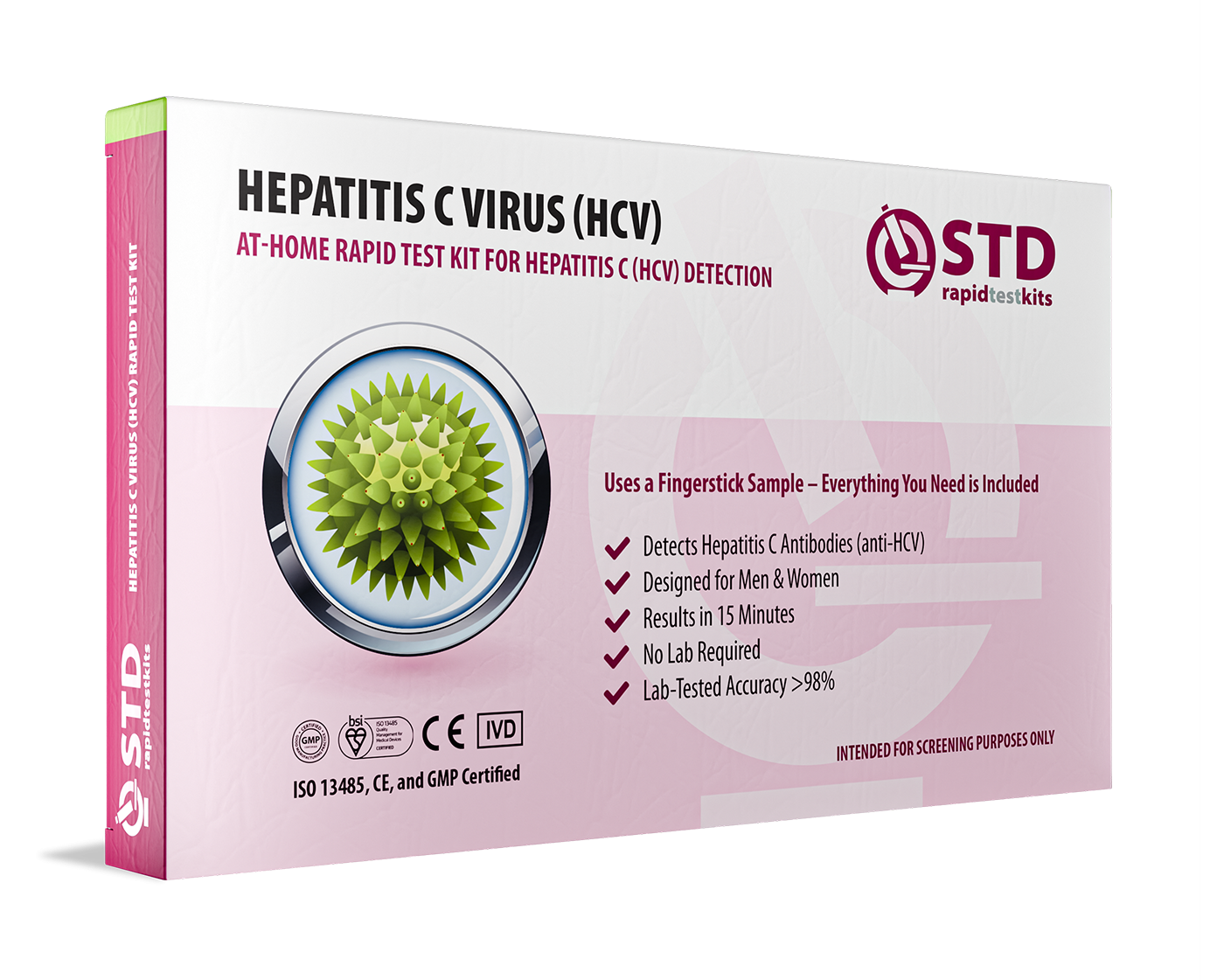
 For Men & Women
For Men & Women Results in Minutes
Results in Minutes No Lab Needed
No Lab Needed Private & Discreet
Private & DiscreetOrder Now $33.99 $49.00
The Science Behind “Blood-to-Blood” Transmission
Hepatitis B and C are well-known for how easily they spread through contact with blood. This means that any activity during oral sex where tiny amounts of blood can move from one partner to the other is a possible risk. Bleeding gums, small cuts from flossing, or even chapped lips can all let germs in.
Hepatitis B is much stronger than most other viruses, according to public health research. It can live outside the body for up to seven days, so even small exposures can be harmful. Hepatitis C is less hardy, but it can still live in dried blood for a few days if the right conditions are met.
This is why barrier use, good oral hygiene, and avoiding oral sex during menstruation or gum bleeding are more than just “extra careful”, they’re medically sound choices.
The risk of oral sex in LGBTQ+ communities
There have been reports of Hepatitis A outbreaks in gay and bisexual men in several countries that are linked to oral-anal contact. This has led to vaccination campaigns. Lesbian and bisexual women are often left out of STI data, but they can still get Hepatitis B and A from sharing sex toys, playing with their mouths and butts, or touching menstrual blood.
Sexual health education that includes queer people often focuses on preventing HIV, but this can unintentionally leave out hepatitis. Everyone, no matter their sexual orientation or gender identity, should have the same access to vaccinations, tests, and culturally appropriate care.
Things That Keep People From Testing
Hepatitis myths are hard to get rid of, and they often make people wait to get tested and treated. Some of the most common ones are:
- “You can’t get hepatitis if you feel fine.” In reality, many carriers are asymptomatic for months or years.
- “Only people who inject drugs get hepatitis.” While injection drug use is a major risk factor for Hepatitis C, sexual transmission is still possible.
- "You can't get hepatitis from having oral sex." The risk is lower, but there are records of it happening.
It's not just about being right when you bust these myths; it's also about getting rid of shame barriers so that more people feel comfortable getting tested.

People are also reading: Telemedicine vs. Traditional Clinics: Which Is Better for STD Care?
FAQs
1. Is it possible to get hepatitis from oral sex without ejaculating?
Yes. Ejaculation can make it easier for Hepatitis B to spread, but the virus can still be in pre-ejaculate, vaginal fluids, or during oral-anal contact.
2. Is it safe to kiss someone who has hepatitis?
If you have Hepatitis B or C, it's safe to kiss someone casually as long as you don't have any open sores or bleeding gums. You usually don't get hepatitis A from kissing.
3. Is it possible to get Hepatitis C from oral sex?
Very rarely, and only when there is blood from a mouth injury or menstruation.
4. Do condoms completely protect against hepatitis during oral sex?
They lower the risk a lot, but they don't get rid of it completely, especially if you don't use them correctly or all the time.
5. If I have sex, should I get the hepatitis vaccine?
Sure. People who are sexually active should get the vaccines for Hepatitis A and B.
6. How soon after I might have been exposed should I get tested?
If you have symptoms of Hepatitis A, you should get tested. For Hepatitis B and C, the first test should be done 6 to 12 weeks after the first one, and the second test should be done 6 months later.
7. Can dental dams keep you from getting hepatitis?
Yes. They keep oral-vaginal and oral-anal contact from happening, which makes it less likely that the virus will get in.
8. If I had hepatitis once, am I immune?
For Hepatitis A and B, getting sick can make you immune. You can get Hepatitis C again even after you have been cured.
9. If I test positive for hepatitis, can I have sex?
Yes, but you need to take precautions, use barriers, avoid blood exposure, and make sure your partners are vaccinated if you can.
10. Is hepatitis curable?
Hepatitis A and many Hepatitis B infections resolve on their own. Hepatitis C is now curable with antiviral medications.
You Should Get Answers, Not Guesses.
Hepatitis doesn't have to be a shadow over your sex life. Self-care includes knowing how it spreads, getting vaccinated, and getting tested when you need to. You can have a fun and exciting sex life while still being healthy for yourself and your partners.
Don't wait and wonder; get the answers you need. This discreet and quick at-home combo test kit checks for the most common STDs.
Sources
1. CDC: Viral Hepatitis Among Sexually Active Adults
2. Mayo Clinic: Hepatitis C Transmission
3. PMC: Oral Sex and Transmission of Viral STIs






